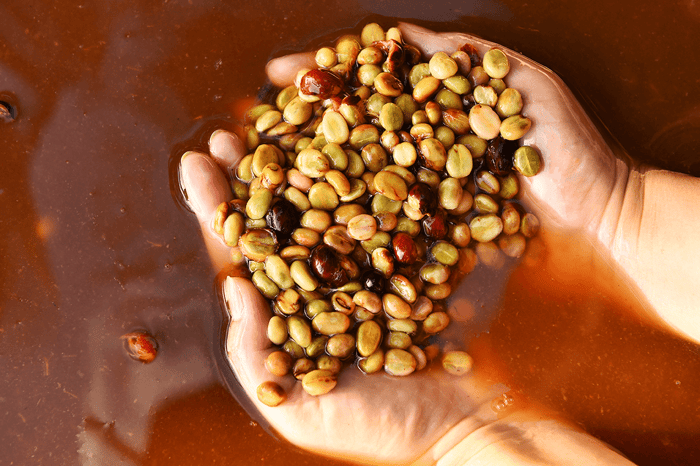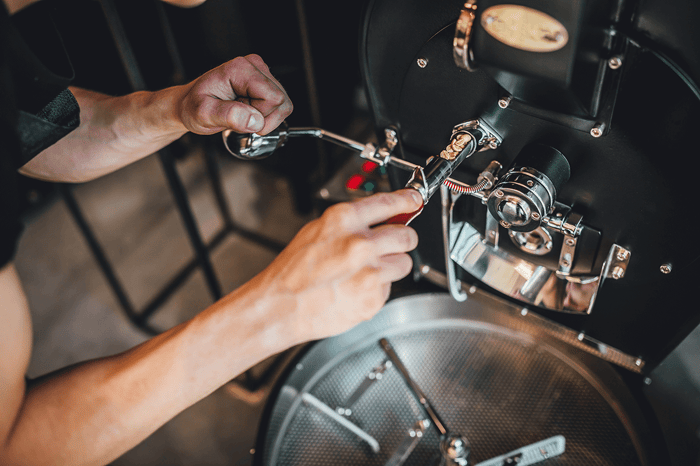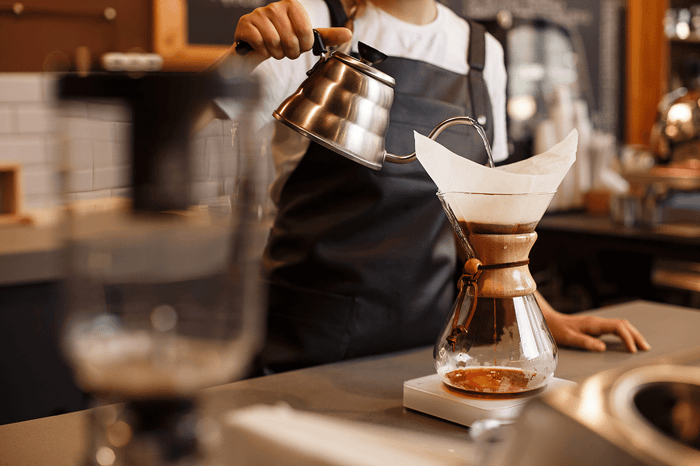Every day, groups of people come up to me on the street and they say: "Jake—what's it all about?"
"I mean, really—what's the big deal with fermenting coffee? Is it worth all the fuss?"
And my answer is always the same: "(garbled) I'm eating a bomb pop, why are you talking to me? Who are you people?"
Look, I get it—fermenting coffee is a bit of a “topica obscura” (obscure topic). But it's actually a critical step that happens constantly in coffee processing. It's also something people do at home in their kitchens. Especially on that one coast... I forget which.
So, what is coffee fermentation?
In simple terms, fermentation is the conversion of sugars into acids and alcohols by microorganisms. Coffee fermentation is a biological process in which coffee cherries are broken down by bacteria and yeasts. This process is actually really important for the development of the coffee's flavor.
There are two types of fermentation: wet and dry. Wet fermentation is the most common method used to process coffee.
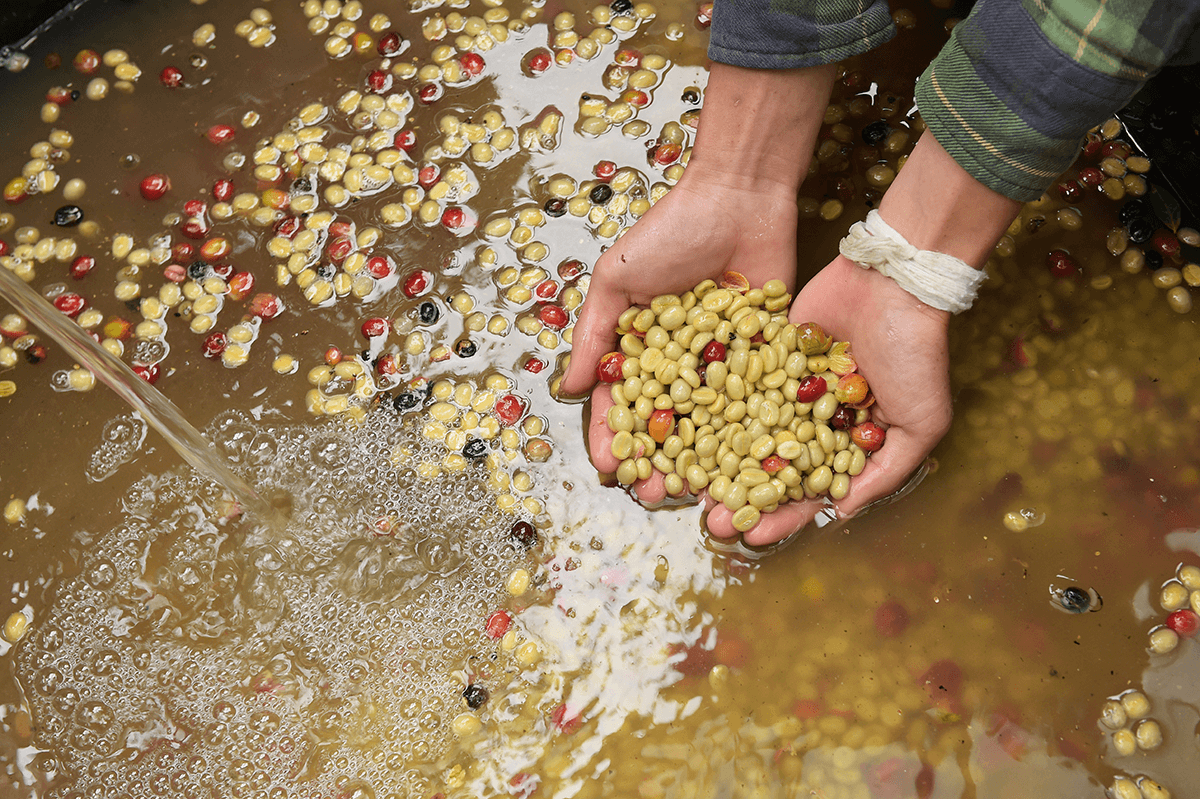
The coffee cherries are placed in a tank of water, where they are allowed to ferment. This process breaks down the flesh of the cherries, making it easier to remove the beans.
Dry fermentation is less common, but it can be used to produce coffee with unique flavors. With dry processing, the coffee cherries are placed on a raised bed and left to ferment for days or even weeks. This process breaks down the sugars in the cherries, which results in a coffee with higher acidity.
There are several factors that affect fermentation, including temperature, humidity, and the type of bacteria and yeasts present.
Fermenting Green Coffee Beans
So clearly, coffee fermentation isn't anything new. It's a step in the roasting process. But some folks like to take things a step further and ferment green coffee beans before roasting them. The chemical changes said to change the flavor profile of the coffee, making it more complex and interesting.
But hey, I'm not a coffee scientist—just your plain ol' everyday coffee snob—so I'll leave that up to you to decide.
Fermenting Brewed Coffee
Coffee can also be fermented after it's brewed. This is done using "culture starter," a mix of bacteria and yeast, and letting the coffee sit.
This is starting to sound an awful lot like coffee kombucha. In fact... it is coffee kombucha.
What's happening here is the bacteria and yeast are consuming the sugars in the coffee, resulting in a slightly tart, effervescent beverage. If you're into that sort of thing.
All I know is that if you're gonna ferment your coffee, do it right. Otherwise, you'll end up with a big ol' mess (and some nasty-tasting coffee).
Final Thoughts on Coffee Fermentation
So, there you have it—a (hopefully) helpful guide to coffee fermentation. Now get out there and start fermenting like a pro!
Or not. But hey, if you're gonna let the sugars in your coffee get converted into alcohol by micro-organisms, do it right.
And if you're still not sure what brewed coffee fermentation is, or why people bother with it, just ask yourself this one question:
"Do I like drinking coffee that tastes like vinegar?"
If the answer is "no," then you probably shouldn't ferment brewed coffee.
Hope this was helpful! (If not, well... I tried. I really, really did.)
Happy fermenting!
Black Insomnia Extreme Caffeine - Strongest Coffee in the World
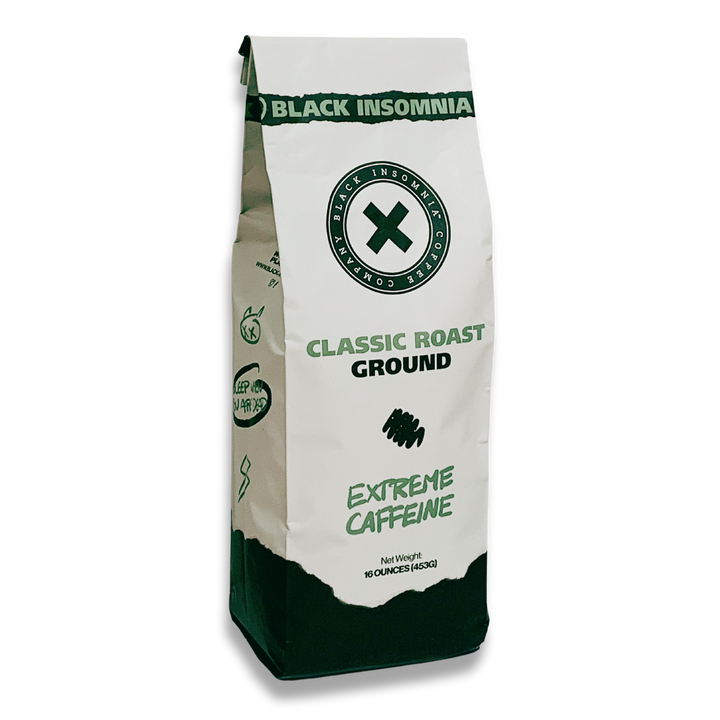
$19.99
The Strongest Coffee in the World Black Insomnia contains up to 4x more caffeine than other brands. Lab tested. Coffee-holics approved! Tired of being tired? Needing 4-6 cups of coffee just to feel sluggish by 3pm? Not anymore! Its time… read more

